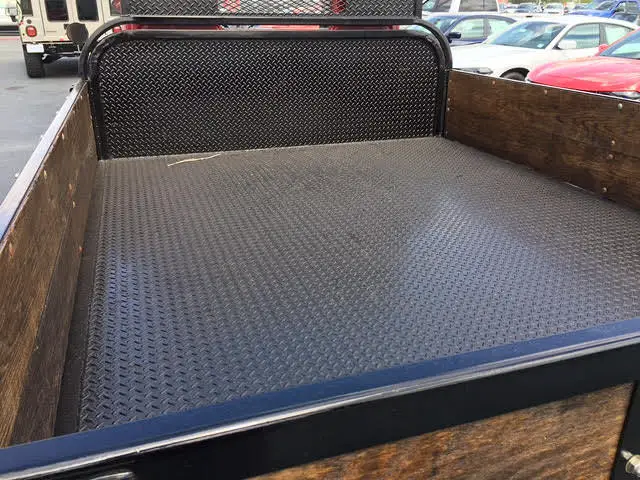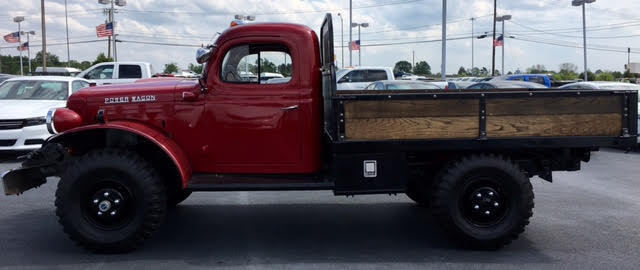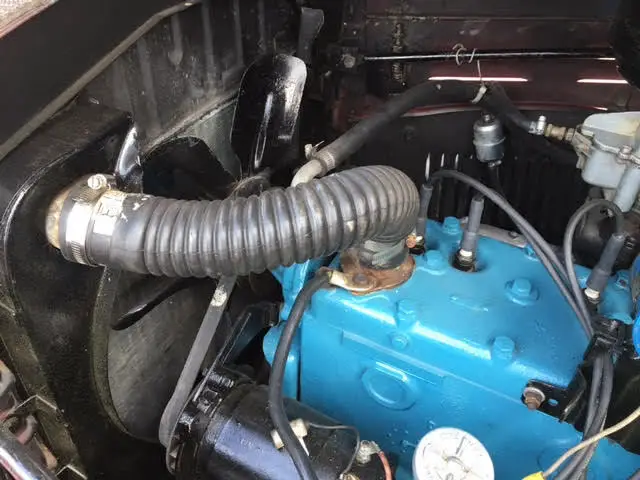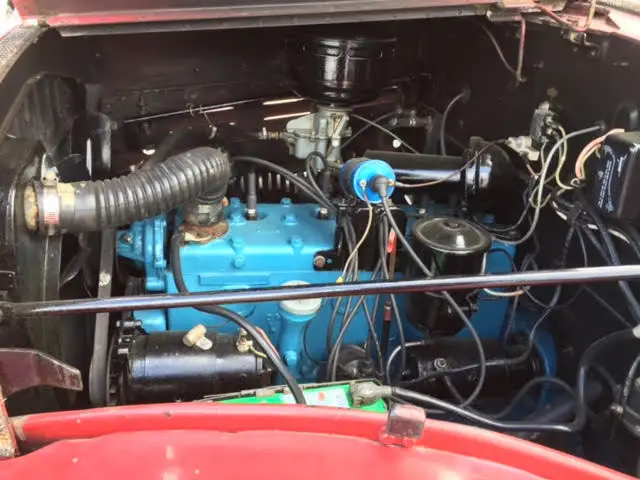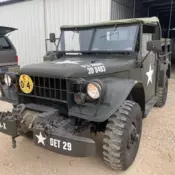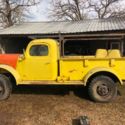POWER WAGON 4x4, Red, Hydraulic Dump, PTO, Winch, Restored, AMERICAN HISTORY
| Make: | Dodge |
| Model: | Power Wagon |
| Type: | Cab & Chassis |
| Trim: | Base |
| Year: | 1957 |
| Mileage: | 65,135 |
| VIN: | 83953121 |
| Color: | Red |
| Engine: | 230 cubic inch |
| Cylinders: | 6 |
| Fuel: | Gasoline |
| Transmission: | Manual |
| Drive type: | 4WD |
| Interior color: | Tan |
| Vehicle Title: | Clear |
| Item location: | Burlington, North Carolina, United States |
1957 Dodge Power Wagon Additional Info:
1957 Dodge Power Wagon4x4This 1957 Dodge Power Wagon Flat Panel has been in the same collection for the past 14 years. Featuring a winch, PTO driven dump body and runs and drives excellent. It also has a tilting windshield, new tires, and a good service history. This is a very strong solid truck with a 3-speed manual and a 230 cubic-inch flat 6-cylinder engine. Its new owners immediatelysaw the investment grade collectability of this important and instrumental part of not only American history but that of the free world as well. Power Wagon History
Popular focus on the Jeep and its importance during World War II, caused most to overlook another wartime hero, the Dodge Power Wagon.Dodge had been building four-wheel-drive pickups since 1934,modifying them to Army specifications along the way. One-ton, half-ton, three-quarter-ton, in a variety of wheelbases and open and closed body styles, the over-engineered WC (or T214, its development code inside Dodge) was primemilitary surplus after the war. Farmers, construction companies, miners, and anyone looking for a reliable workhorse that would not let them down. The WC's abilities went without question, four-wheel-drive was seen as a high-tech bonus, and it had a 2,000-pound payload capacity off-road. It is clear to see how this truck became the obvious choice of what has been called the "Greatest Generation" who were returning home from war to reunite withtheir families and rebuild their country.Dodge answered the call to build a civilian-spec version. Built on a 126-inch chassis, Dodge used the commercial cab introduced in 1939 and retained the military T214's open fenders. Initially, it was called the Model WDX General Purpose Truck on its January 1946 civilian launch. Less than a year later it took the name synonymous with its purpose which has carried through years of production to include models being built to date.The 94hp, 230-cu.in. flathead-6 powered truck was not a speed machine, but for the municipalities, fire companies, ranchers, farmers and others who ordered them, speed was never the issue. They were tough, cheap to fix, and lasted forever. Technical upgrades came slowly to the Power Wagon. Model year 1951 saw probably more changes than in any year before or since: A new pickup bed graced the rear; axle capacities increased; optional, stiffer springs were available; new rubber engine, cab and box mountings were integrated; the mounting angle of the transfer case was adjusted. A new carburetor came in 1952, compression was bumped yearly in 1953 (7.0:1, from 6.7), 1954 (7.25:1) and 1955 (7.6:1). Model year 1955 also saw the introduction of 12-volt electrics and synchromesh transmission. Power steering became available a year later, and key-actuated starting came in 1957. WDX-WM300 Power Wagons were sold between 1945-1968.
SELLERHAS THE RIGHT TO END LISTING BEFORE RESERVE PRICE IS METTHANK YOU FOR BIDDING AND GOOD LUCK!




